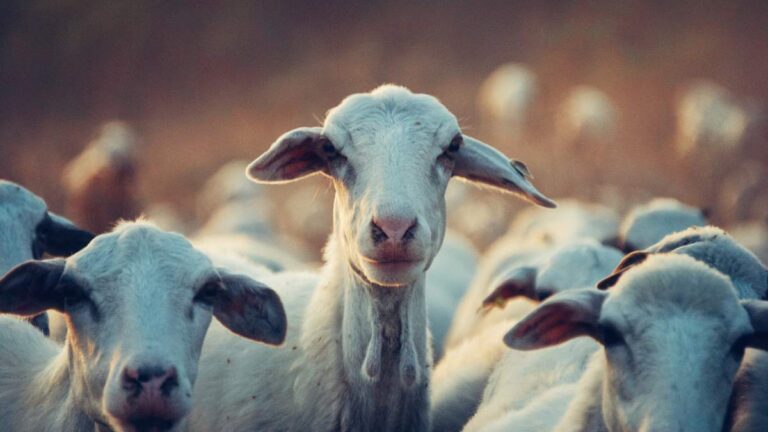The world’s largest sheep farm, Rawlinna Station in Western Australia, has been acquired by the UK-based Consolidated Pastoral Company (CPC). Spanning an impressive 1,046,323 hectares, this mammoth property is capable of supporting 87,421 sheep and plays a pivotal role in Australia’s wool and meat sectors. The sale marks a significant moment in agricultural history, showcasing both domestic and international interest in Australia’s livestock industry.
A Landmark Sale: Rawlinna Station Changes Ownership
Previously owned by Jumbuck Pastoral, a family-run business with roots dating back to 1888, Rawlinna Station is located on the Nullarbor Plain, approximately 400 kilometers east of Kalgoorlie. The deal, structured on a “walk-in, walk-out” basis, ensures a seamless transition. Key elements of the sale include:
- All existing livestock (sheep) remaining on the property.
- Continued employment for current staff, ensuring stability for workers.
- A 400-kilometer wild dog exclusion fence , a critical asset for protecting livestock.
While the financial details of the transaction remain undisclosed, the acquisition is contingent upon approval from the Foreign Investment Review Board (FIRB) and clearance from the Western Australian government for the lease transfer.
CPC Expands Its Agricultural Footprint
Consolidated Pastoral Company (CPC), already a heavyweight in cattle and goat farming, is venturing into large-scale sheep and wool production with this acquisition. Managing over 3.2 million hectares of land across Australia and Indonesia, CPC is no stranger to agricultural excellence. Its UK-based owner, the Hands Family Office, brings extensive experience in the sheep and wool sector, making this move a strategic fit.
CPC CEO Troy Setter emphasized the company’s commitment to the sheep industry, stating:
“We see a strong future in Australian sheep and wool production. This acquisition helps us diversify and build a high-quality agricultural portfolio.”
With this purchase, CPC now operates across multiple agricultural sectors, including:
- Cattle, sheep, and goat farming.
- Wool production and cropping (with 20,000 hectares dedicated to crops).
- Natural capital investments , reflecting a growing focus on sustainability.
Jumbuck Pastoral’s Legacy Lives On
For Jumbuck Pastoral, the sale of Rawlinna Station represents the end of an era but also an opportunity for continued growth under new ownership. As one of Australia’s largest livestock producers, Jumbuck has managed millions of hectares of land across the country, specializing in both cattle and sheep operations.
Jock MacLachlan of Jumbuck Pastoral expressed confidence in CPC’s stewardship, saying:
“Rawlinna has been part of our family’s history for years. We are pleased to hand it over to a company committed to sustainable investment and industry growth.”
This sentiment underscores the importance of maintaining the station’s legacy while embracing innovation and expansion under CPC’s leadership.
What Lies Ahead for Rawlinna Station?
Under CPC’s ownership, Rawlinna Station is poised to expand its sheep and wool production capabilities, solidifying its position as a global leader in large-scale sheep farming. This aligns with CPC’s broader strategy to strengthen its dominance in Australia’s livestock industry, which already includes:
- Nine cattle station aggregations across Australia.
- Two feedlots in Indonesia , enhancing export opportunities.
- Over 300,000 cattle and 45,000 goats , diversifying its agricultural output.
The acquisition not only reinforces Australia’s significance in the global sheep and wool market but also highlights growing UK investment interest in the country’s agricultural assets. With Rawlinna Station now part of CPC’s portfolio, the stage is set for increased productivity and innovation in one of the nation’s most vital industries.
A New Chapter for Australian Agriculture
The sale of Rawlinna Station , the world’s largest sheep farm , to a UK investment firm signals a promising new chapter for Australia’s agricultural landscape. By combining CPC’s expertise with Rawlinna’s vast resources, the deal sets the stage for enhanced productivity, sustainability, and global competitiveness. For stakeholders in the wool and meat sectors, this development underscores the enduring value of Australia’s agricultural assets on the world stage.

